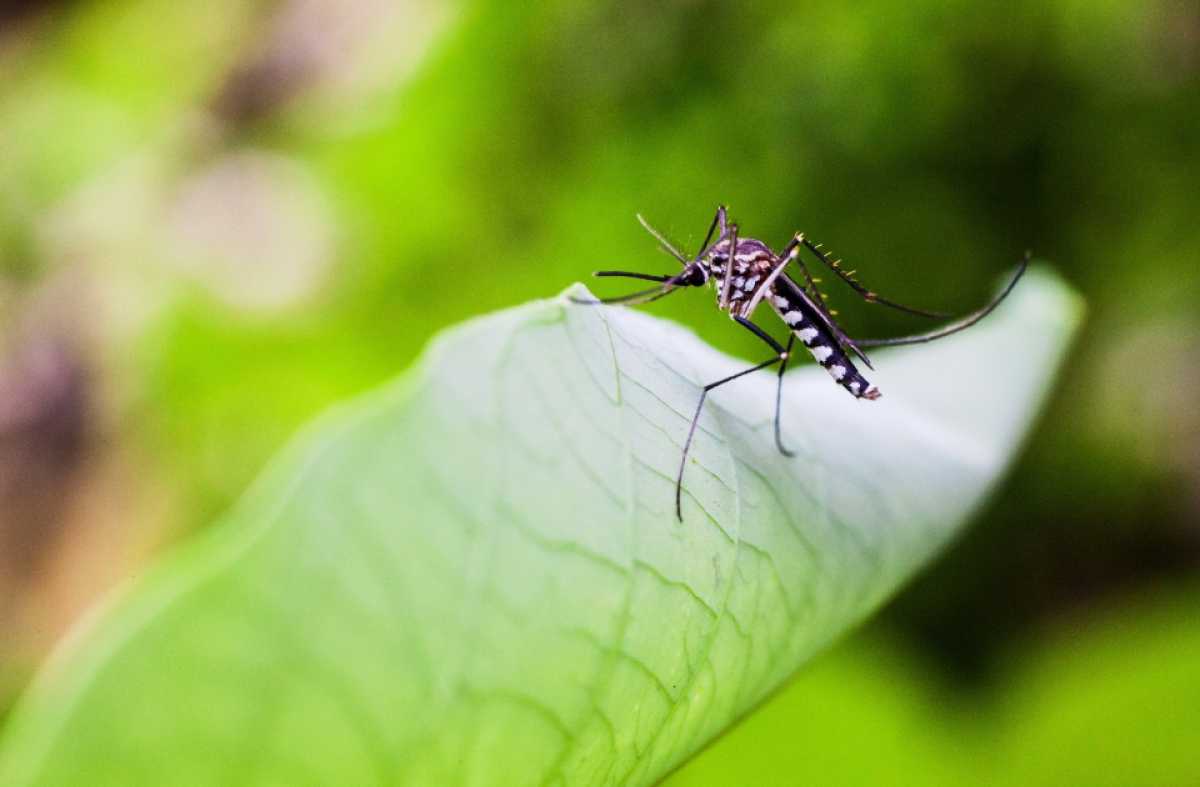Health
Breakthrough Discovery Reveals Mosquitoes as Primary Vectors of Buruli Ulcer

In a significant breakthrough, researchers led by the University of Melbourne‘s Doherty Institute for Infection and Immunity have solved the long-standing mystery surrounding the transmission of Buruli ulcer, a neglected tropical skin disease. The findings, published in Nature Microbiology, confirm that mosquitoes are the main carriers of the bacteria Mycobacterium ulcerans, responsible for the disease.
The discovery is a crucial advancement in efforts to control the spread of Buruli ulcer, particularly in Victoria, Australia, where there has been an alarming rise in cases in recent years.
The research team focused their study on the Mornington Peninsula, an area outside Melbourne with a high incidence of Buruli ulcer. Over the course of five years, they trapped and tested over 65,000 mosquitoes. Through the use of advanced techniques including forensic-level genomics, they found that the genetic makeup of the bacteria in mosquitoes matched that of Buruli ulcer patients in the area, providing compelling evidence of mosquito transmission.
The study emphasizes the importance of ongoing wildlife and mosquito population monitoring as a key part of public health interventions to control the disease. By understanding the epidemiology of Buruli ulcer in the region, researchers can inform strategies to reduce the risk of infection.
The team faced initial skepticism regarding the role of mosquitoes in spreading Buruli ulcer, considering it unprecedented for a bacterial infection to be transmitted this way. However, their extensive research and evidence have convincingly established mosquitoes as the primary vectors.
To prevent the spread of Buruli ulcer, researchers recommend simple actions such as using insect repellent and eliminating stagnant water around homes. The Beating Buruli in Victoria project is now launching a trial to reduce mosquito populations in urban areas using state-of-the-art, eco-friendly mosquito traps.
The research was funded by the National Health and Medical Research Council and the Victorian Department of Health. The Beating Buruli in Victoria team expressed gratitude for the support received from the community during their research and intervention activities.
For more information on Buruli ulcer and mosquito-borne diseases, resources are available from the World Health Organisation Collaborating Centre for Mycobacterium ulcerans and the Better Health Channel.
Notable individuals involved in the study include Professor Tim Stinear, Dr. Peter Mee, Professor Paul Johnson, and Clinical Associate Professor Mary-Anne Thomas, the Minister for Health in Victoria.












